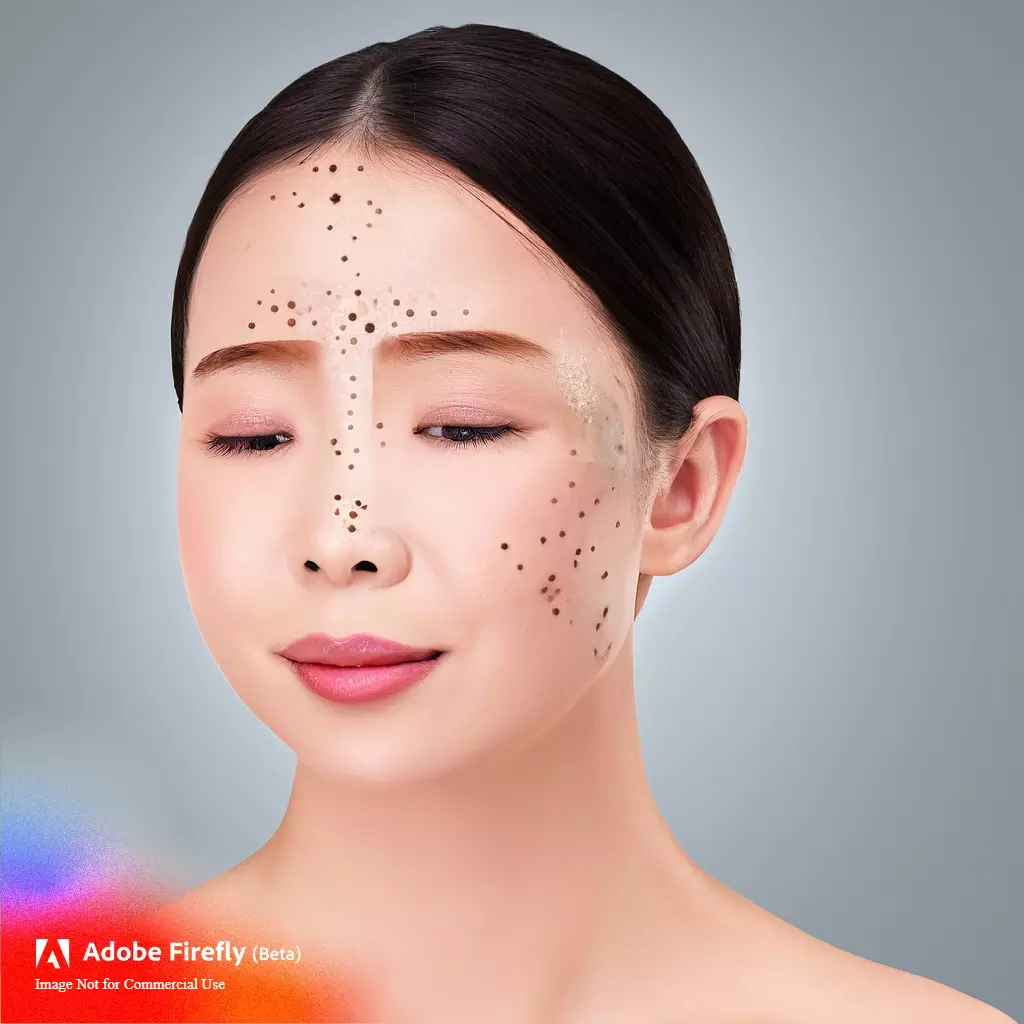Vertigo is a distressing and often misunderstood condition that affects millions of people worldwide. It is characterized by a false sensation of spinning or movement when, in reality, the individual or their surroundings are stationary. In this article, we will explore the symptoms, causes, diagnosis, treatment, and prevention strategies associated with vertigo.
Symptoms
1. **Dizziness:** The primary symptom of vertigo is a profound sensation of dizziness, often described as a spinning or whirling feeling. This sensation can be severe and can lead to unsteadiness or loss of balance.
2. **Nausea and Vomiting:** Vertigo can frequently trigger nausea and vomiting due to the overwhelming feeling of dizziness. These symptoms can be quite debilitating.
3. **Abnormal Eye Movements:** Some individuals with vertigo may experience involuntary eye movements, known as nystagmus. These rapid, jerky eye movements often occur in the direction of the perceived spin.
4. **Sweating:** Excessive sweating, also known as diaphoresis, is another common symptom of vertigo.
5. **Tinnitus (Ringing in the Ears):** In some cases, individuals with vertigo may also experience a ringing or buzzing sound in their ears.
Causes
1. **Benign Paroxysmal Positional Vertigo (BPPV):** This is the most common cause of vertigo and is typically triggered by certain head movements. BPPV occurs when small calcium particles in the inner ear become dislodged, leading to false sensations of movement.
2. **Meniere’s Disease:** This chronic inner ear disorder can cause vertigo, along with symptoms like tinnitus and hearing loss. It is thought to be related to fluid buildup in the ear.
3. **Vestibular Neuritis:** This condition results from inflammation of the vestibular nerve, often due to viral infections. It leads to sudden and severe vertigo.
4. **Migraines:** Some people experience vertigo as a symptom of migraine headaches, known as vestibular migraine.
5. **Medications:** Certain medications, especially those affecting the inner ear or central nervous system, can induce vertigo as a side effect.
Diagnosis
Diagnosing the cause of vertigo requires a comprehensive evaluation by a healthcare provider. This may include:
1. **Medical History:** Discussing the patient’s symptoms, their duration, and any potential triggers or underlying health conditions.
2. **Physical Examination:** The healthcare provider may perform specific physical tests to assess balance and coordination.
3. **Vestibular Tests:** These tests measure eye movements and responses to various stimuli to assess the function of the inner ear and vestibular system.
4. **Imaging:** In some cases, imaging tests such as MRI or CT scans may be ordered to rule out structural issues within the brain or inner ear.
Treatment
The treatment of vertigo depends on its underlying cause. Common treatment options include:
1. **Epley Maneuver:** This is a series of head movements used to reposition dislodged calcium particles in the inner ear in cases of BPPV.
2. **Medications:** Medications such as antihistamines, anti-nausea drugs, or vestibular suppressants may be prescribed to alleviate symptoms.
3. **Physical Therapy:** Vestibular rehabilitation therapy can help individuals improve their balance and reduce dizziness through exercises and maneuvers.
4. **Surgery:** In severe cases or when other treatments fail, surgery may be recommended to address the underlying cause of vertigo.
Prevention
While vertigo is not always preventable, certain lifestyle changes and precautions can help reduce the risk:
1. **Stay Hydrated:** Dehydration can exacerbate vertigo, so it’s essential to drink enough water.
2. **Limit Alcohol and Caffeine:** Excessive alcohol and caffeine consumption can trigger or worsen vertigo in some individuals.
3. **Manage Stress:** Stress and anxiety can exacerbate vertigo, so stress management techniques such as yoga or meditation can be beneficial.
4. **Safety Precautions:** To prevent falls during vertigo episodes, individuals should avoid heights, use handrails, and install grab bars in bathrooms
Vertigo is a challenging condition that can significantly impact an individual’s quality of life. Understanding its symptoms, causes, diagnosis, treatment options, and preventive measures is essential for managing this condition effectively. If you or someone you know experiences recurrent or severe vertigo, consult a healthcare professional for a thorough evaluation and appropriate treatment.
Also Read: High-Intensity Interval Training Boosts Metabolism & Fat Loss
https://thelogicalindian.com/h-upload/2023/09/04/500x300_233184-firefly-images-for-skin-disease-1295.webp











